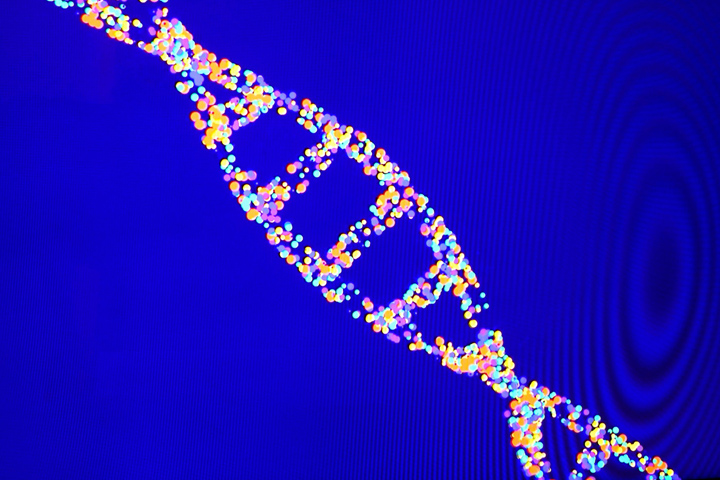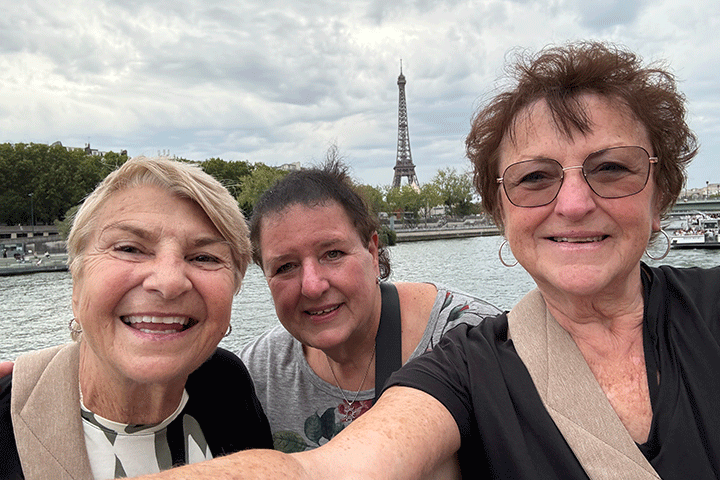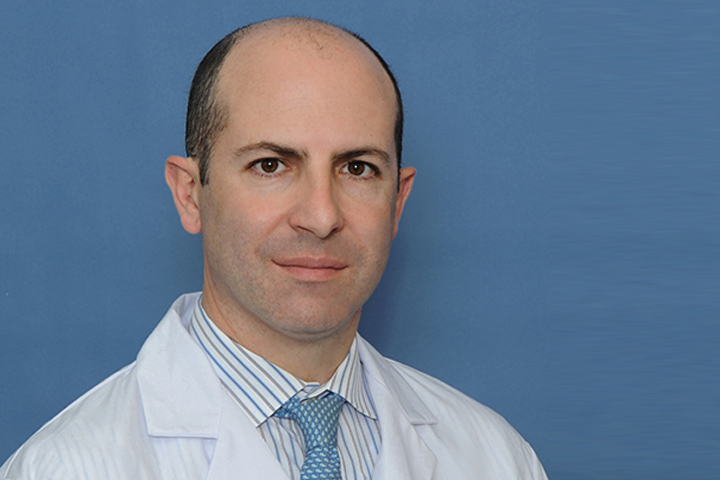Personalized Immunotherapy Vaccine for Pancreatic Cancer

Will a personalized vaccine be safe and effective for pancreatic cancer patients who have undergone surgery to remove the tumor and post-surgical chemotherapy and radiation?
In a clinical trial, researchers are testing the safety of a vaccine that acts on mutated proteins found on the surface of cancer cells.
Making the Vaccine
Antigens are cellular structures that have the capacity to stimulate the immune system. Epitopes are the part of an antigen that is recognized by the immune system.
The experimental vaccine in this trial is based on a DNA molecule that will be engineered to encode multiple tumor-associated antigens (also called neoantigens) that are specifically expressed by a patient’s pancreatic cancer cells and epitopes of the tumor associated antigen mesothelin, which is highly expressed in pancreatic cancer and can boost the immunization.
Joining the Trial
To be eligible for this trial, pancreatic cancer patients must have their tumors surgically removed with no sign of the cancer in surrounding tissues. Once selected for the trial, participants must also complete post-surgical chemotherapy or radiation and have no sign of disease.
During the post-surgical treatment, the personalized vaccine is created. After conventional post-surgical treatment ends, trial participants will receive two injections of the personalized vaccine approximately every four weeks, for a total of six injection sessions. The injections will be given via an electroporation device, to increase the absorption of the vaccine.
Participants will be followed via telephone reports, blood work, and occasional personal visits to researchers. Researchers are determining the safety of the vaccine, and possible effectiveness.
We encourage you to consult your physicians for clinical trials that may be right for you. The website ClinicalTrials.gov provides more details about this trial as well as many others. You can visit the Let’s Win Trial Finder for a listing of all active pancreatic cancer clinical trials.
This trial was terminated due to loss of funding.






